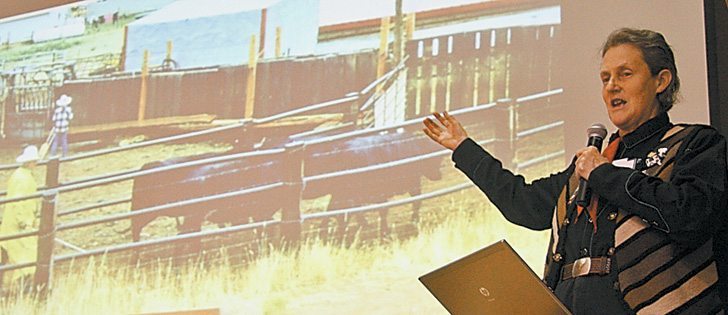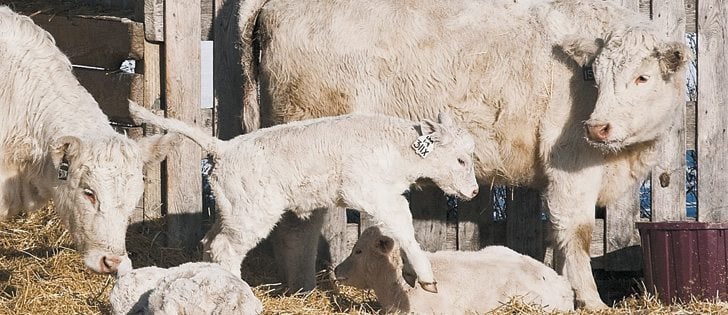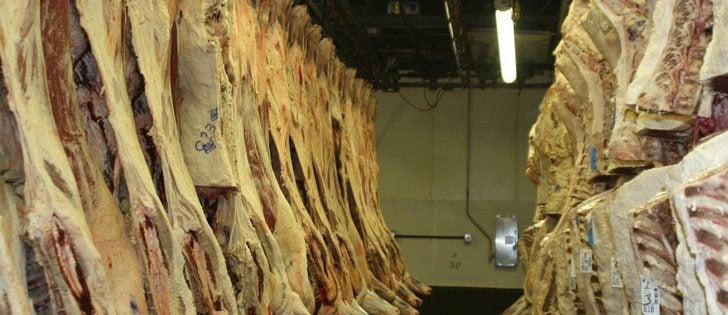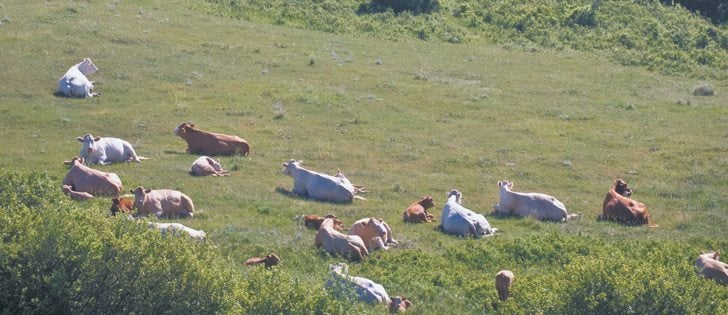Despite pressure from animal welfare organizations to act on gestation stalls, Tim Hortons is taking a balanced and realistic approach to the issue, says a company spokesperson.
In late February, the Humane Society of the United States called on Tim Hortons to modernize its supply chain and begin buying pork from farms that don’t use gestation crates.
“People simply don’t support the lifelong confinement of farm animals in tiny crates,” said Matthew Prescott, food policy director for the humane society’s farm animal protection division.
Read Also
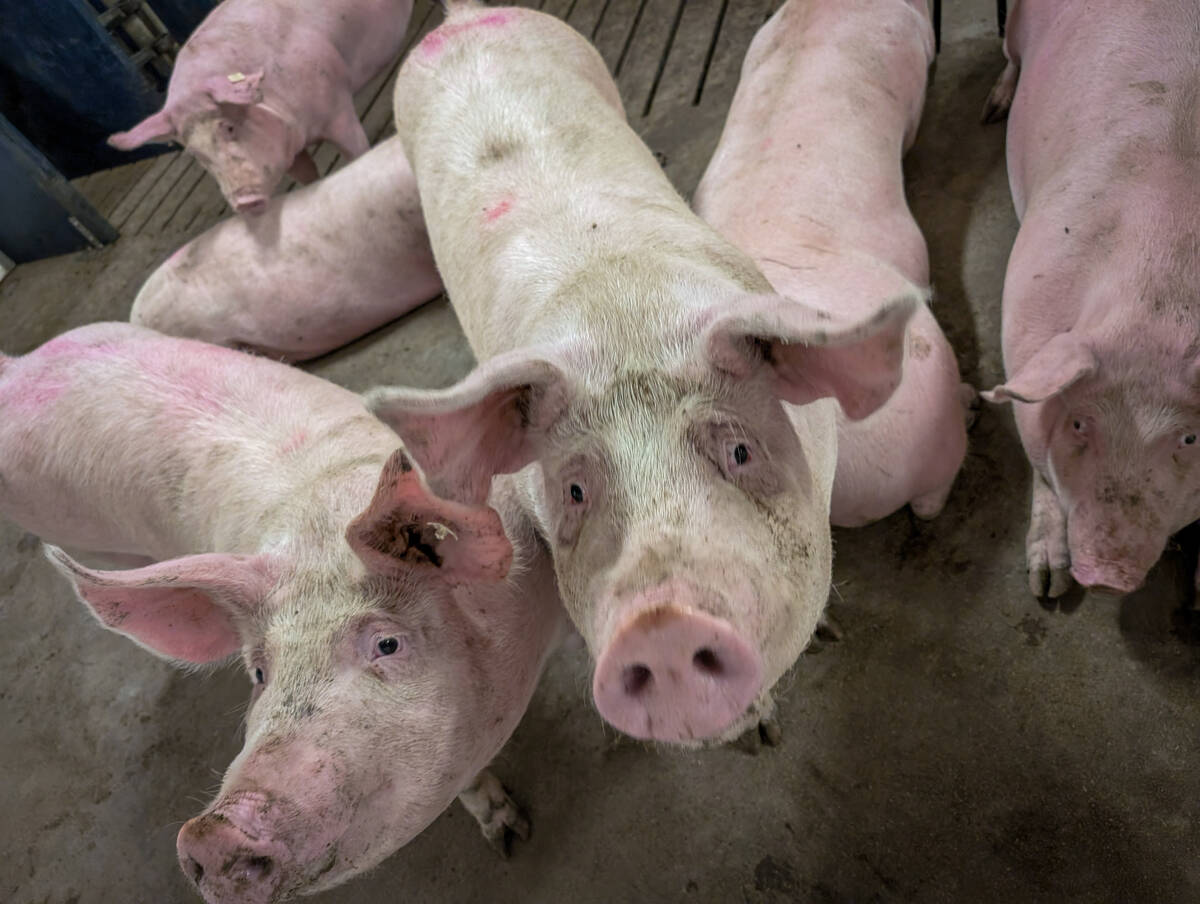
Pork sector targets sustainability
Manitoba Pork has a new guiding document, entitled Building a Sustainable Future, outlining its sustainability goals for the years to come.
“When it comes to addressing cruelty to animals, an issue that American consumers feel strongly about, Tim Hortons is severely lagging.”
In April, the company released a sustainability and responsibility report that included changes to its animal welfare policies but did not make specific promises regarding sow gestation crates.
Instead, it said it wants to work with the pork industry, producers and animal welfare experts to develop alternative housing systems over time.
Tim Faveri, Tim Hortons’ director of sustainability and responsibility, said the iconic Canadian company doesn’t want to impose housing policies on the hog industry.
“What we firmly believe in is engagement with the industry and with experts. We’re not the type of organization … that will go out and make broad statements if we know they’re not achievable.”
Tim Hortons’ engagement policy, which encourages the hog industry to move away from gestation crates, isn’t sitting well with the humane society.
It owns a small number of Tim Hortons shares and will ask the company at its annual meeting in May to disclose the feasibility of using bacon and pork products from pigs that aren’t from operations that use gestation crates.
The humane society said it would prefer if Tim Hortons followed McDonald’s lead, which announced in February that it will require its pork suppliers to phase out sow stalls.
“McDonald’s wants to see the end of sow confinement in gestation stalls in our supply chain,” said Dan Gorsky, senior vice-president of McDonald’s North America supply chain management.
“There are alternatives that we think are better for the welfare of sows.”
- Tim Hortons is the fourth largest publicly traded fast food chain in North America, with 4,009 restaurants, including 714 in the U.S. as of Jan. 1.
- In March, Tim Hortons released a video on YouTube illustrating how it is working with farmers and suppliers in Ontario to ensure that eggs in its supply chain are produced humanely in enriched-hen housing systems, a system with larger, furnished cages. Its animal welfare video can be found at www.youtube.com/watch?v=T8g01HNlrRM.






